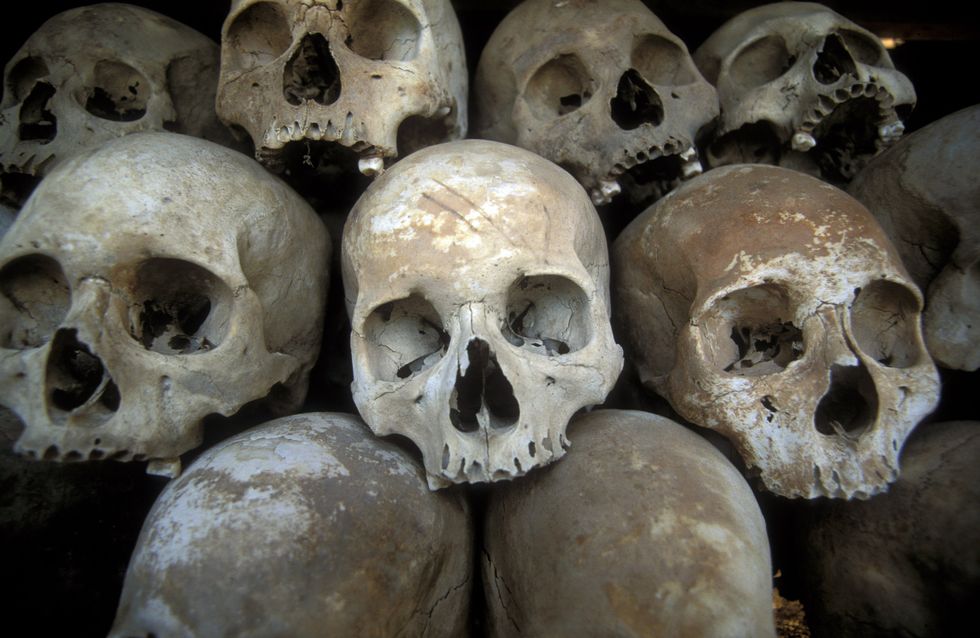Jake Brigstock
Dec 08, 2024
Beautiful light show projected onto ancient dynasty-style buildings in Shaanxi, China
ViralPress / VideoElephant
The deadliest day in human history is understood to have been worse than two atomic bombs going off and it happened back in 1556.
On 23 January that year, an absolutely enormous earthquake happened due to the Weinan and Huashan faults slipping which killed 830,000 people with most of these deaths occurring in the Shaanxi province of northwest China, reports IFL Science.
The exact death toll or how many died on the day itself is not officially known but according to some records, around a third of the estimated total was due to falling buildings and landslides in the immediate aftermath of the quake.
And some of those who were lucky to survive all of this then died because of disease and famine that followed in the weeks after that.

The earthquake has been far from the strongest earthquake ever recorded, with a magnitude between eight and 8.3, but it's at the very top of the list of the deadliest disasters of this kind to have happened.
In 1556, the global population was less than half a billion so the death toll of 830,000 is almost certainly the greatest relative loss of lives in a day.
Compare this to the two atomic bombs that went off in Hiroshima and Nagasaki in 1945, which collectively claimed around 105,000 lives in total.
However the biggest natural disaster in history is believed to be the Yangtze-Huai river floods of 1931 with estimates of the death toll breaching two million across central and eastern China over a four-month period.
How to join the indy100's free WhatsApp channel
Sign up to our free indy100 weekly newsletter
Have your say in our news democracy. Click the upvote icon at the top of the page to help raise this article through the indy100 rankings.
Top 100
The Conversation (0)














